In the end Barack Obama, Penny Pritzker, 700-some members of the faculty, the mighty voice of the Harvard Crimson and the entire nomenclature of the DEI movement could not save her from herself. Claudine Gay resigned as president of Harvard University after a month of relentless criticism. In principle her feckless performance on December 5 before the House Committee on Education and the Workforce should have been sufficient to persuade Harvard’s board (which aristocratically calls itself the Harvard Corporation) to cut her loose. But it took wave after wave of revelations about Gay’s plagiarism to break the hauteur of Ms. Pritzker and the ten other members of that Corporation. Pritzker, who served in the Obama administration and remains close to the former president, was said to be Gay’s staunchest supporter. And Obama, it has been said, strongly urged her to stay the course.
Those two sentences, of course, are hearsay. Many things are “said” that aren’t true, just as many true things never get said at all. If we stick strictly to the facts that are available now, all we have is Gay’s letter of resignation and the Harvard Corporation’s announcement of her temporary successor, Alan Garber, a physician and economist who has served in the Harvard administration and has an impeccable record. Though it is probably wise to add at this stage that a scrupulous review of the bona fides of anyone who has served in the Harvard administration might be warranted. The Harvard Corporation was so cavalier about Gay’s credentials that they have invited a pall of suspicion over every action they now take.
Gay’s letter of resignation is a curiosity that deserves close reading. The first, not entirely cynical reaction is: did she write it herself? “It is with a heavy heart but a deep love for Harvard that I write to share that I will be stepping down as president.” It commences with a standard formula, but one that accepts no blame and expresses no contrition. Further in the letter she rings the changes on the whole xylophone of “I quit” tropes, including the classic: “It has become clear that it is in the best interests of Harvard for me to resign so that our community can navigate this moment of extraordinary challenge with a focus on the institution rather than any individual.”
Why is it in the best interests of Harvard to unload a dishonest, serial plagiarist, whose record of scholarship would embarrass a cooked lobster? Why should Harvard look for her temporary successor to a man who had expressed his dissatisfaction with Harvard’s temporizing response to the outburst among its students of bloody-minded anti-Semitism? Why might Harvard have second thoughts about a president who had already driven off some of the institution’s most generous benefactors? Why might Harvard, which is used to having the pick of the litter for freshmen, be a little unnerved by a precipitous drop in applications? Why, oh why, Harvard Corporation, did it take this long to figure out the incalculable damage this pseudo-scholar and race-baiting activist was doing to Harvard’s reputation?
I would speculate that the eleven members of the Corporation (Gay herself was the twelfth) were ardently on board with Gay’s master plan to remake Harvard as place intent on incinerating its past on the road to becoming the purist “anti-racist” woke institution in the world. Her Khmer Rouge “year zero” approach to this transformation was incense to the Harvard’s radical clerisy but poison to the alumni. And a cause for lamentation for those of us who took pride in once great institution that had somehow unmoored itself.
Gay, we can be sure, will land on her feet at an appropriate foundation and will surely play a part in politics after a due period of reputational rehabilitation. Harvard may have to wait longer.



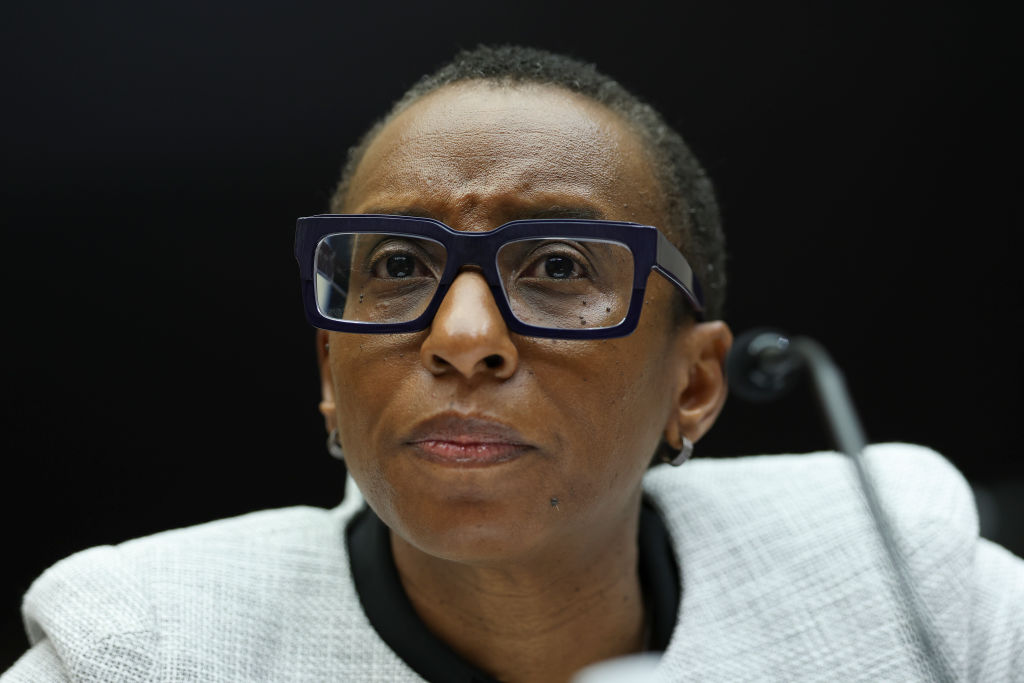






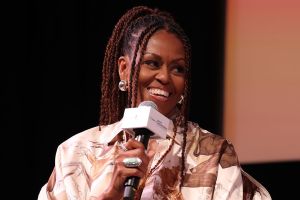


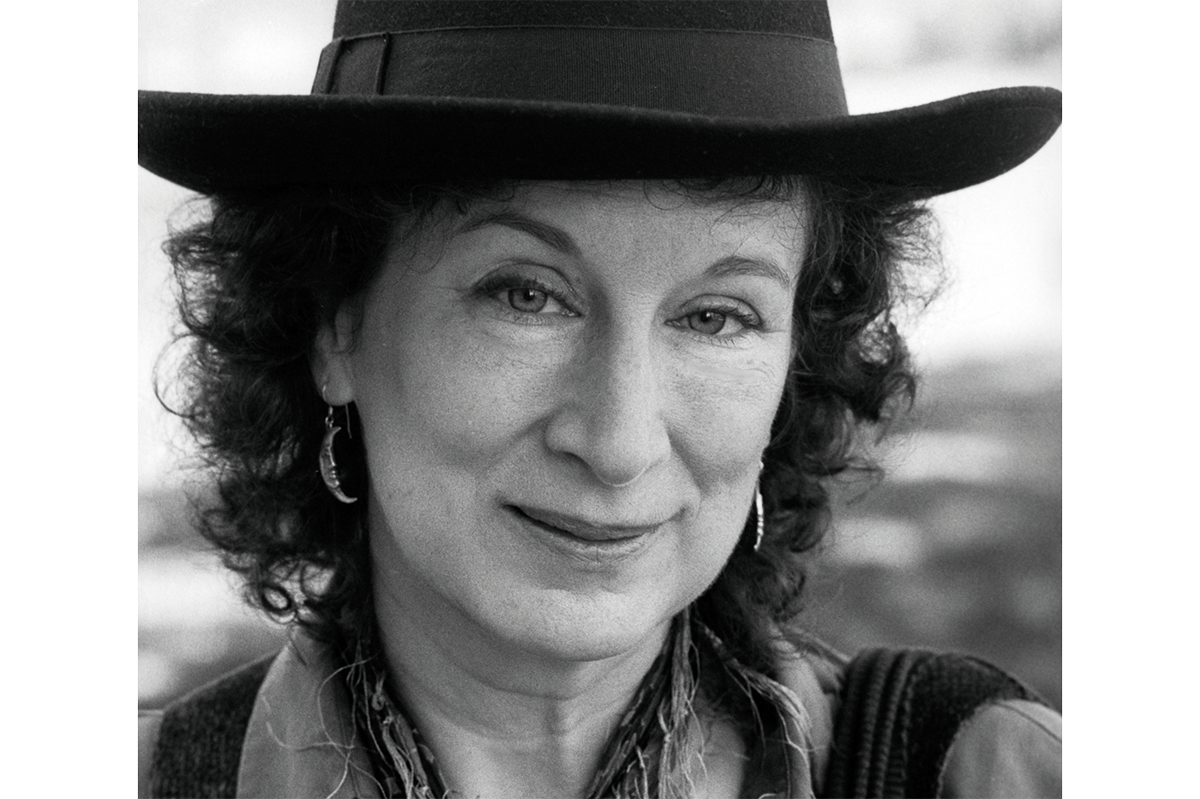
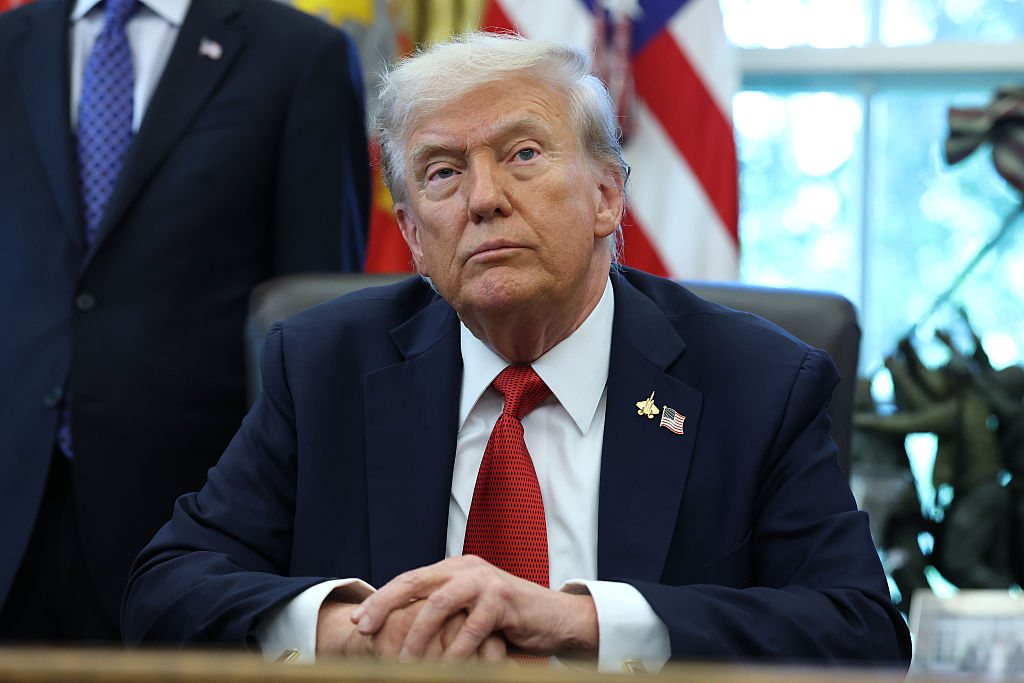

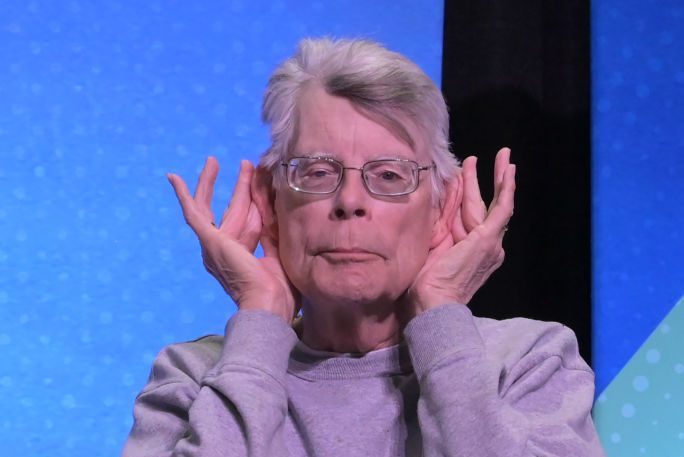
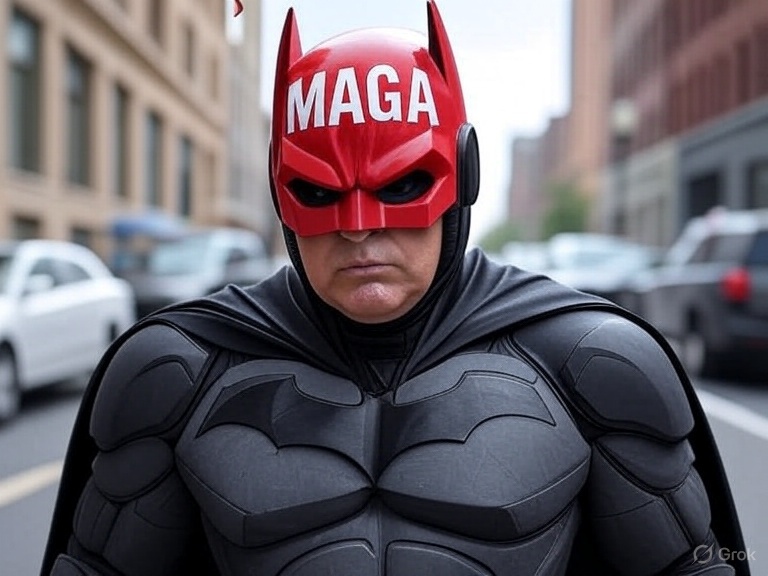








Leave a Reply